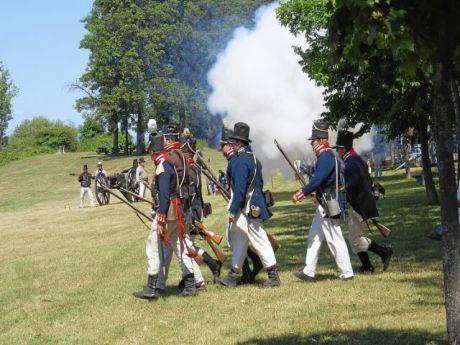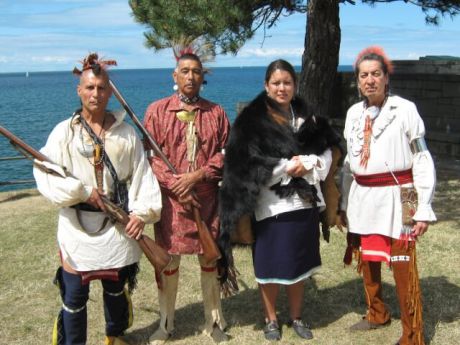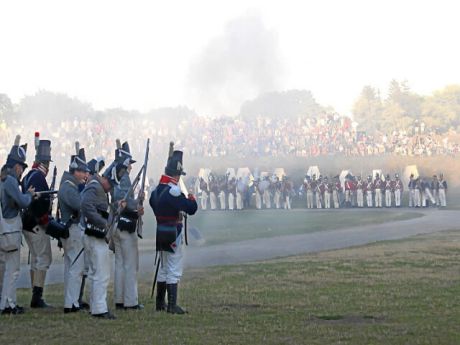 716-371-1997
716-371-1997
 buffalo@enroute.com
buffalo@enroute.com
War of 1812 Weekend • Buffalo NY
Be a big part of history re-enactment at it's finest, with the War of 1812 Weekend in Buffalo! You will be able to witness re-enactors and volunteers dressed in attire found during the 1812 time period, living day to day in other items found from the same era. You will be able to explore old tents, signs, goods, and other items from this time period, as well as enjoy battle re-enactments and so very much more!



New York was a major playground for the War of 1812. It was a 32-month long war that has been sometimes referred to as America's Second War for Independence. Our ancestors fought the British on both land and water from Buffalo to Plattsburgh. There are lots of historical sites, including forts, battlefields, museums, and even "Uncle Sam's" gravesite!
Buffalo's Burning Winter
Normally, war back in the days of the 1800's, was put on ice due to the fierce winters that the north-eastern part of our continent endures. However, British Lieutenant General Gordon Drummond, who was a native of what is now Canada, was used to the winters and was enraged about what our American forces had put one of his border towns through. So, on December 30, 1813, his forces attacked during the dead of night. The residents fled into the night and the snow, carrying anything they could before the invaders arrived. After pillaging and looting all that could be found, they burned the entire town of Buffalo down, along with any boats that were in the Niagara River. All in all, the British lost 31 men in the Battle of Buffalo, and the Americans lost 50 people.
The only thing to have survived the village, was a lone stray cat. Anyone who did not flee into the night, was either taken prisoner or was killed, stripped, and scalped. The only buildings that survived the fire and looting was the stone jail, Reese's blacksmith shop, and the house of Margaret St. John. A few weeks later, Britain's North American commander-in-cheif, expressed his deepest regrets for the burning of Buffalo. He wrote, "The departure from the established usages of war has originated with America herself, and that to her alone are justly chargeable all the awful and unhappy consequences." After only a week from the attack, the residents of Buffalo began to rebuild. Buffalo truly began to flourish again after being chosen to become the western terminus of the Erie Canal. By the end of the century, Buffalo had become the eighth largest in the United States.

